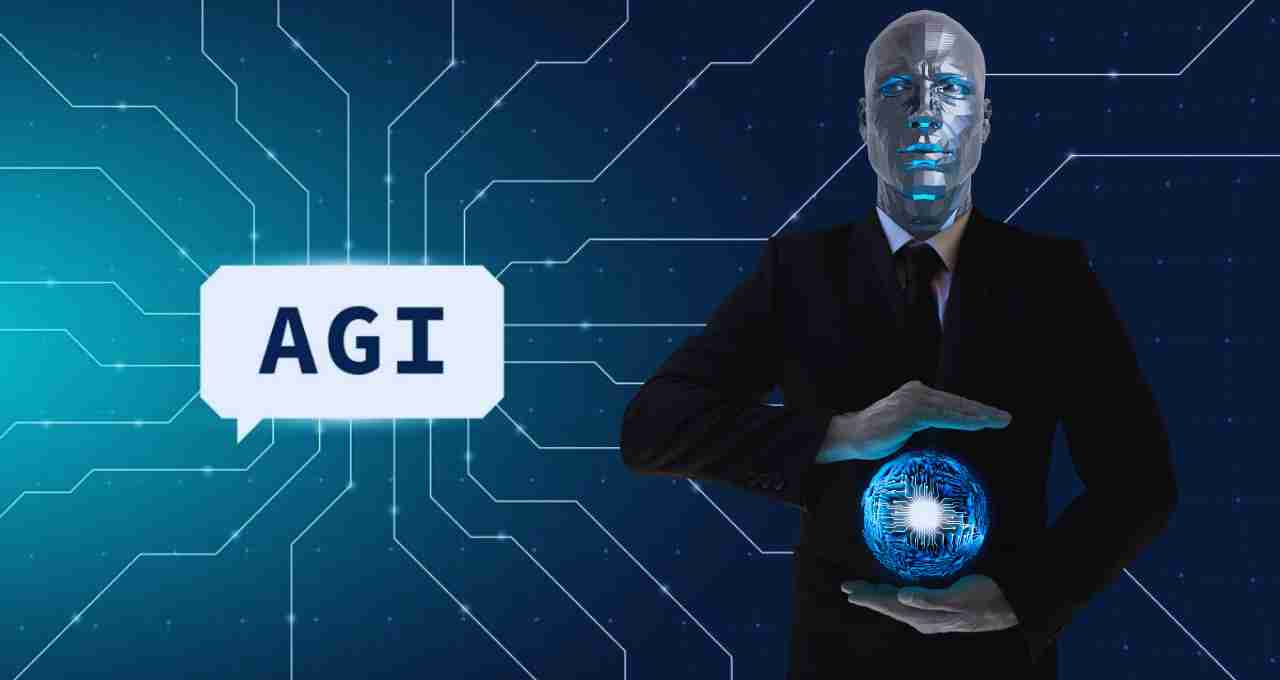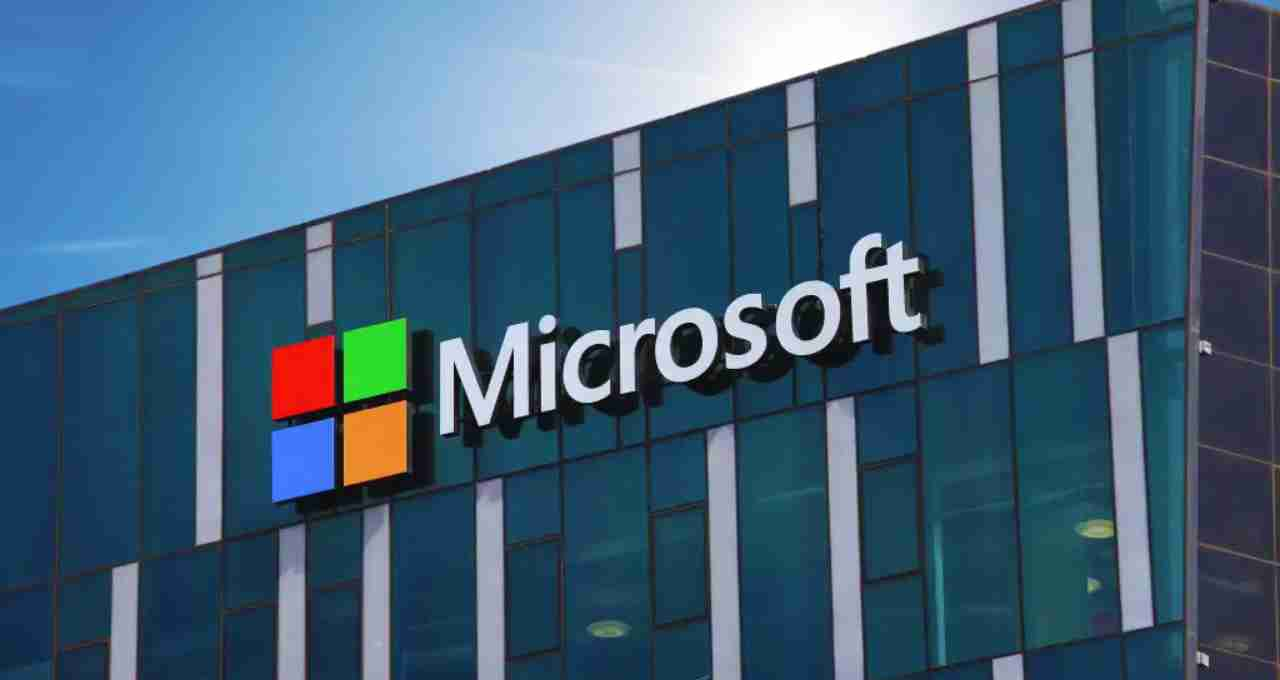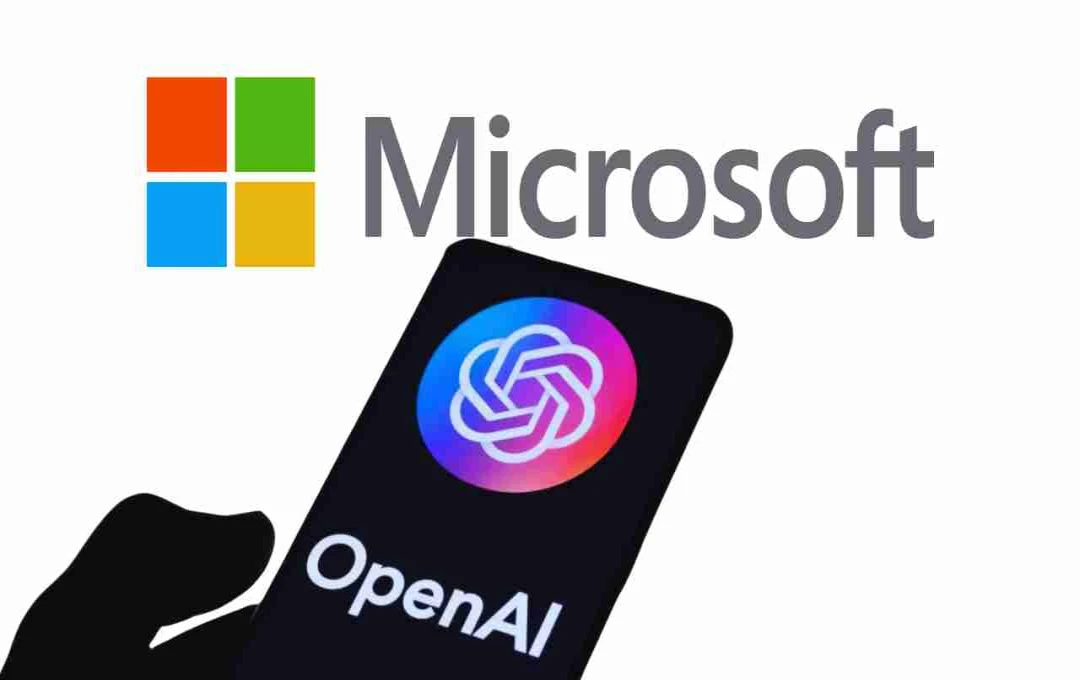Reports have emerged of a conflict between Microsoft and OpenAI regarding AGI (Artificial General Intelligence) technology. Microsoft desires continued access to AGI, while OpenAI has reportedly refused. The partnership between the two is strained, raising questions about the future of the AI field and its ethical direction.
Artificial General Intelligence: The partnership between Microsoft and OpenAI, two of the biggest names in the world of artificial intelligence, has been a topic of discussion for a long time. However, a serious rift now appears to be emerging in this partnership for the first time. A report in 'The Information' on Wednesday claimed that contractual disagreements are deepening between the two companies over Artificial General Intelligence (AGI).
While OpenAI wants to be cautious and self-reliant regarding its technological progress roadmap, Microsoft wants to change the condition that limits the company's access to AGI. This is becoming the cause of conflict between the two tech giants.
What is AGI and why is it causing a dispute?

AGI (Artificial General Intelligence) is a technology that represents AI with the ability to think, understand, and solve problems like humans. It is capable of performing not just one task, but any complex task — just like a human does.
The current agreement between Microsoft and OpenAI states that as soon as OpenAI announces the achievement of AGI, Microsoft's special access to that technology will end. Microsoft wants to remove this clause because it wants permanent access to this technology after its long investment and collaboration.
OpenAI's refusal and Microsoft's concern
According to the report, Microsoft has requested OpenAI to remove this contractual clause. But OpenAI has so far clearly refused. This has become a matter of concern for Microsoft, as it had invested $1 billion (approximately ₹8,581 crore) in 2019 while partnering with OpenAI.
Through this investment, Microsoft gave OpenAI the facility to develop AI models on its Azure cloud infrastructure, which led to the creation of generative AI models like ChatGPT. Additionally, Microsoft has also integrated GPT technology into its products — such as the Copilot feature in Word, Excel, and other tools.
Attempt to balance in a joint statement

In a joint statement sent to Reuters, both companies denied any strain in their relationship, stating: "We have a long-term, productive partnership that has provided amazing AI tools for everyone. Discussions are ongoing and we hope to continue working together in the years to come."
However, it is important to understand the reality behind this statement — the conflict between the two companies over principles and control has now come to the surface.
Transformation into a public benefit corporation becomes a new obstacle
OpenAI, which was previously a non-profit organization, is now in the process of transitioning into a Public Benefit Corporation. It requires Microsoft's permission to complete this process. But according to sources, the two parties have not been able to reach an agreement on this even after months of talks.
Microsoft views this change as OpenAI's growing autonomy, which could go beyond its control. Meanwhile, OpenAI wants to ensure that its technology remains beneficial for global humanity, not just for the priorities of an investor.
What will be the future of the partnership?
The partnership between Microsoft and OpenAI in the AI world has been considered as the most influential tech partnership of the century. GPT models, Azure AI services, Copilot integration and revolutionary tools like ChatGPT have made this pair top-notch.
But if disagreements deepen over access and control in a sensitive and powerful area like AGI, this partnership may break up in the future or there may be a major change in the terms.












